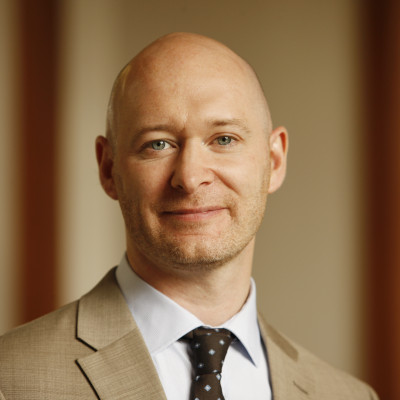June 30, 2016
June 2016 at Policy Integrity: Priorities for Coal Reform; Comments on Net Metering and Offshore Leasing; Global Thinking and the SCC; Livermore Honored; Moreno Named to Virginia Air Pollution Control Board; Spotlight: Ben Cady
-

Priorities for Coal Reform
Our new report highlights twelve policy and procedural recommendations for the current review of the federal coal leasing program. Our suggestions could help modernize the program so that it can provide maximum net benefits to American taxpayers and account for U.S. climate change goals. On June 29, we hosted a workshop on federal coal reform in Washington, D.C., bringing together a group of distinguished academics to discuss potential reforms with officials from the Department of Interior and other federal agencies. Additionally, we recently released a policy brief that analyzes which energy models are best suited for Interior’s analysis of coal program changes.
-

Comments on Net Metering and Offshore Leasing
Policy Integrity recently submitted public comments to the Federal Trade Commission (FTC) and the Bureau of Ocean Energy Management (BOEM). We submitted comments in response to FTC’s Something New Under the Sun workshop, encouraging the FTC to move beyond a simple net metering scheme for pricing distributed energy and to implement a demand-based pricing model in order to maximize social welfare. Additionally, we submitted comments to BOEM in response to its proposed five-year offshore leasing program for 2017-2022. These comments advocated for the continued use of option value in agency decision-making, as well as the consideration of downstream greenhouse gas emissions in future decisions.
-

On the Docket: Global Thinking and the Social Cost of Carbon
Climate change is an unprecedented global commons problem, yet some groups have called on the United States to abandon the global focus it uses in its “Social Cost of Carbon” (SCC) calculation. In an upcoming working paper, Peter Howard and Jason Schwartz will discuss how international reciprocity justifies the continued use of a global SCC. Howard and Schwartz will analyze the Paris climate agreement and the dynamics of negotiation strategy, showing how the United States can lead by example, build trust, and promote a tit-for-tat dynamic of mutually beneficial reciprocity by calculating the global costs of its own greenhouse gas emissions when analyzing policy decisions.
-

Livermore Honored for Distinguished Scholarship
Michael A. Livermore, Policy Integrity’s Non-Resident Senior Advisor and Founding Executive Director, has been selected as the 2016-17 Haub Environmental Law Distinguished Junior Scholar by environmental faculty at Elisabeth Haub School of Law at Pace University. The award is presented annually to an emerging environmental law professor who exhibits scholarly excellence and promise at an early stage in his or her career. Candidates are selected through an external nomination process. In addition to the honor of receiving this award, Livermore will have the opportunity to present some of his recent scholarship to the Pace Law community at a faculty workshop.
-
Ignacia Moreno Named to Virginia Air Pollution Control Board
Ignacia Moreno, a member of the Policy Integrity advisory board, was recently appointed by Virginia Governor Terry McAuliffe to the State Air Pollution Control Board. Ms. Moreno is a nationally recognized leader in the field of environmental and natural resources law. She served with distinction in the United States Department of Justice’s Environment and Natural Resources Division from 1994 to 2001 under President Bill Clinton. She was later nominated by President Barack Obama and confirmed unanimously by the United States Senate to be the Assistant Attorney General for the Environment and Natural Resources Division of the United States Department of Justice, where she served from 2009 to 2013.
-

Spotlight: Ben Cady
Ben Cady is a 2012 NYU Law graduate and an alumnus of Policy Integrity’s Regulatory Policy Clinic. Ben works as a staff attorney in the Office of Regulations at the Consumer Financial Protection Bureau, where his projects include the CFPB’s recently announced proposed rule on arbitration agreements in contracts for consumer financial products and services. The CFPB’s proposed rule would, among other things, prohibit covered providers of consumer financial products and services from using pre-dispute arbitration agreements to block consumer class actions in court. “The clinic was incredibly good preparation for work as a regulatory attorney,” Ben said. “I apply the skills I learned every single day.”

